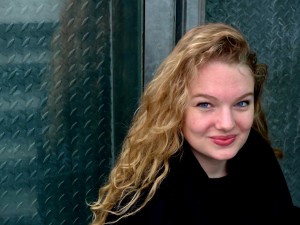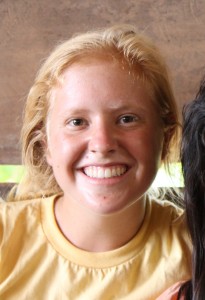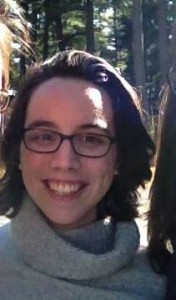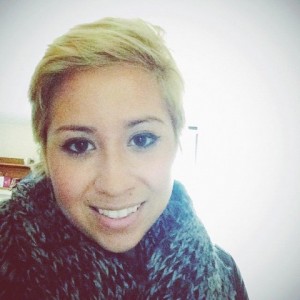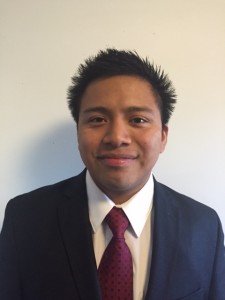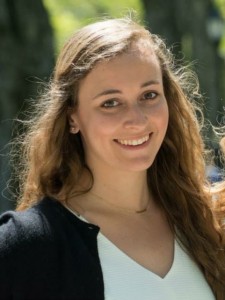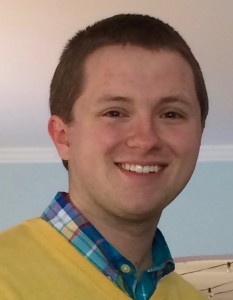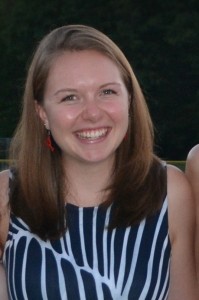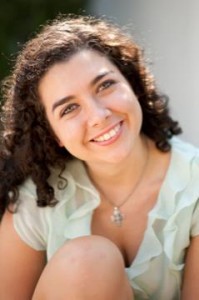Why Education?
For as long as I can remember, I have wanted to be a teacher. I have always loved learning, I enjoy working with students, and I believe that an educated population can and will positively impact the future. I value my own education and feel lucky to have had teachers who are knowledgeable and enthusiastic about their content area and the schools in which they teach. As my teachers did for me, I hope that I can inspire students to love learning, and to develop and discover interest areas that excite them.
In Los Angeles, where I lived until I was 12 years old, I went to the UCLA Lab School on the University campus. When my family moved to New York City in time for me to start seventh grade, I opted to attend a private all-girls K-12 school on the Upper East Side. While I was in school predominately with girls who were white and from families similar to my own, my mom began researching the American public school system. When she brought her work home, she would talk about the inequities and inequalities that characterize much of American public education—in school resources, opportunities to succeed (whatever the definition of success), teacher retention rates, etc. In hearing her talk, I grew increasingly interested in learning about the forces at play. My first step to understanding the history and current state of American education was enrolling in Contemporary American Education 1101 in my first year at Bowdoin College.
As a Government major and Education Studies minor at Bowdoin, I have been able nourish my interests in learning about the differences among and between countries, across cultures and races, communicating in different languages, and issues of equality. My experiences with Bowdoin’s Education Department in classes like Educational Psychology, Urban Education, and an Independent Study on Multiculturalism in public school classrooms have been the most rewarding. In the course that I credit as my most impactful class at Bowdoin, Educating All Students (2203), I observed, analyzed and came to appreciate learning behaviors and classroom expectations in a Maine public school from the educator’s perspective. For one academic year, for three hours each week, I shadowed a 14-year old student from Somalia. Together we set goals that challenged her abilities. In our early days together, she sat quietly in the back of a classroom. By the spring term, she’d grown into a young teenager who regularly raised her hand with confidence. During our time together, she displayed a strong sense of self and mastery of content in subjects including math, science, English language and social studies. To see this student successfully overcome her shyness, navigate middle school and thrive academically and socially convinced me to pursue a future in Education.
